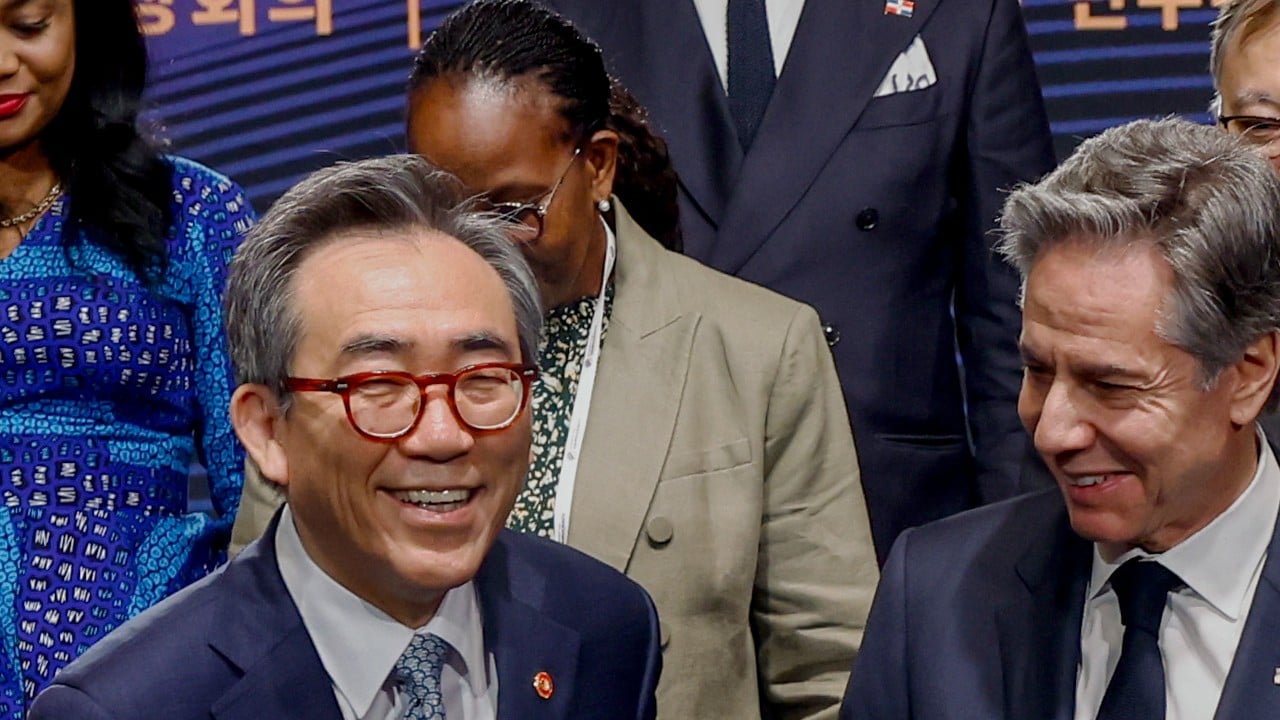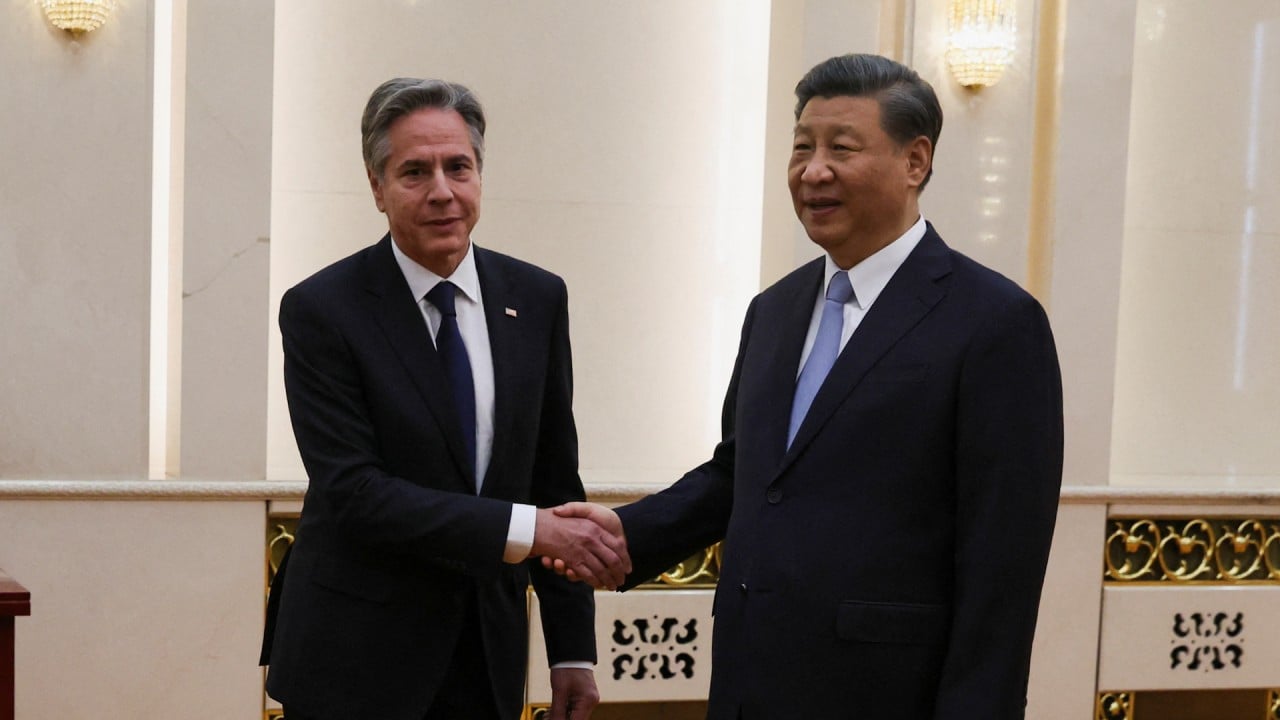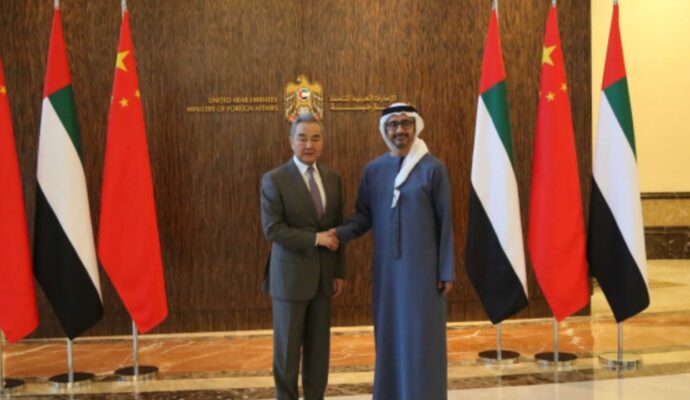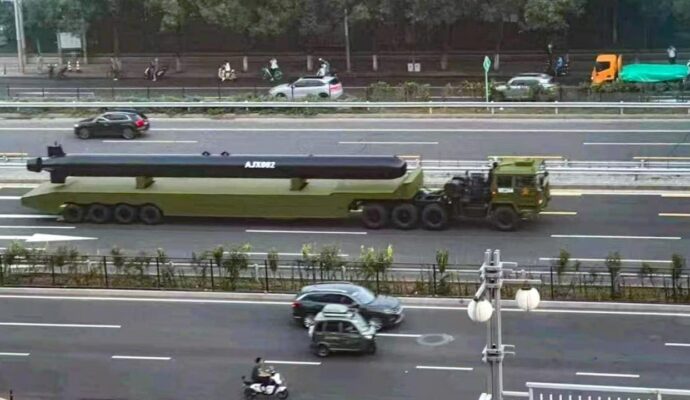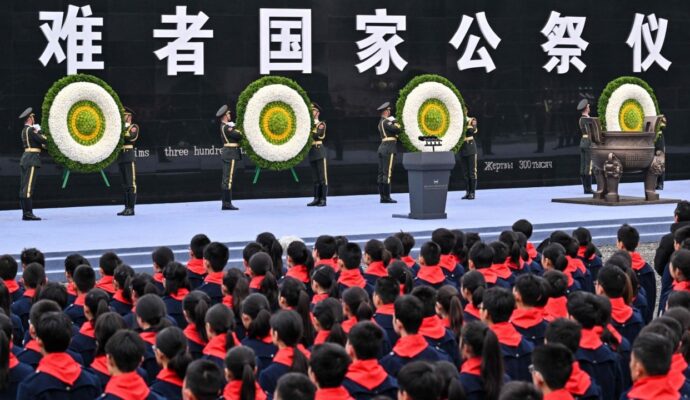Lin also told a regular press conference: “We noted that Ambassador Burns has recently made negative comments on China on multiple occasions.
“These statements deviate from the important common understandings reached by the two presidents of China and the US at the summit meeting in San Francisco. They go against the spirit of the summit meeting in San Francisco and do not serve the sound and steady growth of China-US relations.”
Last Friday, Burns told a virtual seminar organised by the East-West think tank that the summit in San Francisco had not resolved “many of the outstanding differences on major issues”, but confirmed both countries in their view that “we are competitors”.
He highlighted the military and technology as major competitive fronts between the two, saying the US had long been a Pacific power but now “there’s a competition under way for military power and military influence”.
He said technology was “at the heart of the battle”, with rivalries raging from AI to machine learning, adding that the White House has made an effort to restrict China’s access to US cutting-edge technology.
US and China ambassadors identify areas of cooperation as well as danger zones
US and China ambassadors identify areas of cooperation as well as danger zones
He also said it was “supremely ironic” that Beijing had criticised proposed legislation that would force TikTok’s owner ByteDance to sell up, saying China had banned most Western social media platforms and the TikTok app itself.
Burns told Bloomberg News after the visit, where most of his meetings were held behind closed doors, that Washington had “serious concerns” about the proposed legislation.
“The concerns are about the right of people to dissent, freedom of speech, freedom of assembly, and the [US] State Department’s been very clear about that concern that we have over the last several weeks,” he said.
After the visit, the commissioner’s office for China’s foreign ministry in Hong Kong accused him of making “irresponsible” comments regarding the Article 23 bill.
“The United States has ignored its own stringent network of national security laws and severe related penalties while defending it as a secret,” a spokesman for the office said.
“However, they were pointing fingers and spreading gossip on Hong Kong’s constitutional duty to enact its national security law.”
